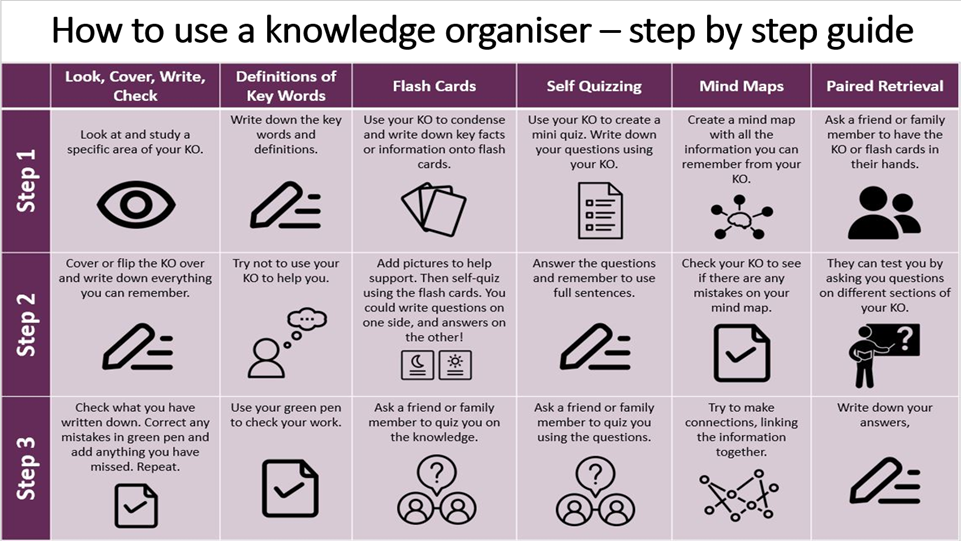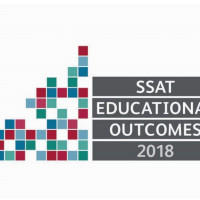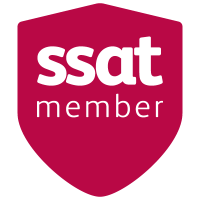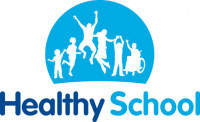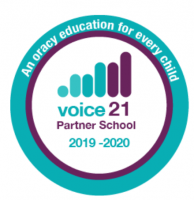GCSEs and vocational courses are becoming increasingly challenging. Most subjects have lost their controlled assessments (previously known as coursework) and these have been replaced with additional exam papers. The focus of these exams is the retrieval and application of knowledge. This puts increasing pressure on students to know and retain even more information for longer.
Typically, most youngsters leave their revision until a few weeks (best case scenario) or days/hours (worst case scenario) before the examinations and tests. This presents a problem. Our short-term memory is designed to be just that, short-term, and has limited capacity. Students find themselves unable to retain the information, they become stressed and often give up, convincing themselves they are no good at revising or that they “can’t do subject ‘x’”.
The secret to success is to regularly revisit the knowledge to be learned. This helps transfer the knowledge from the short-term memory to the long-term memory. This not only helps to make ‘learning stick’ but it also frees up our short-term memory for day-to-day learning and experiences.








